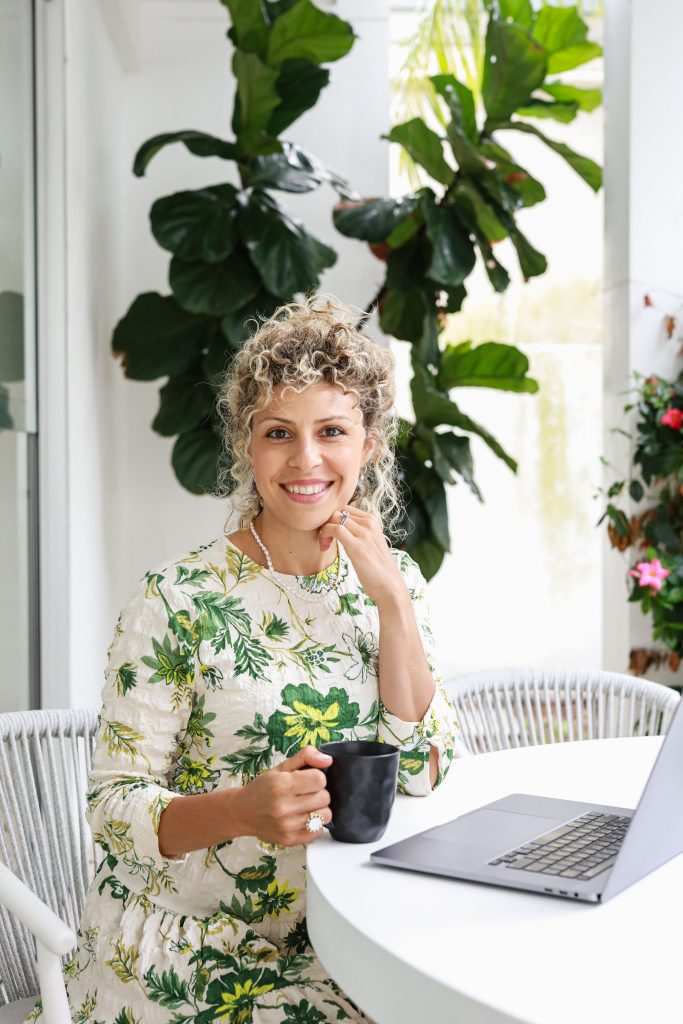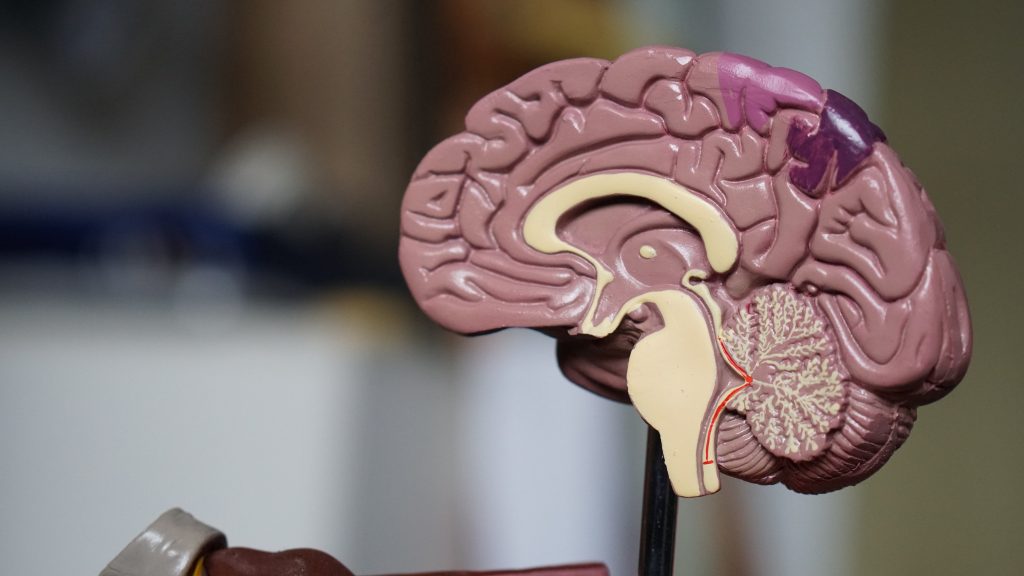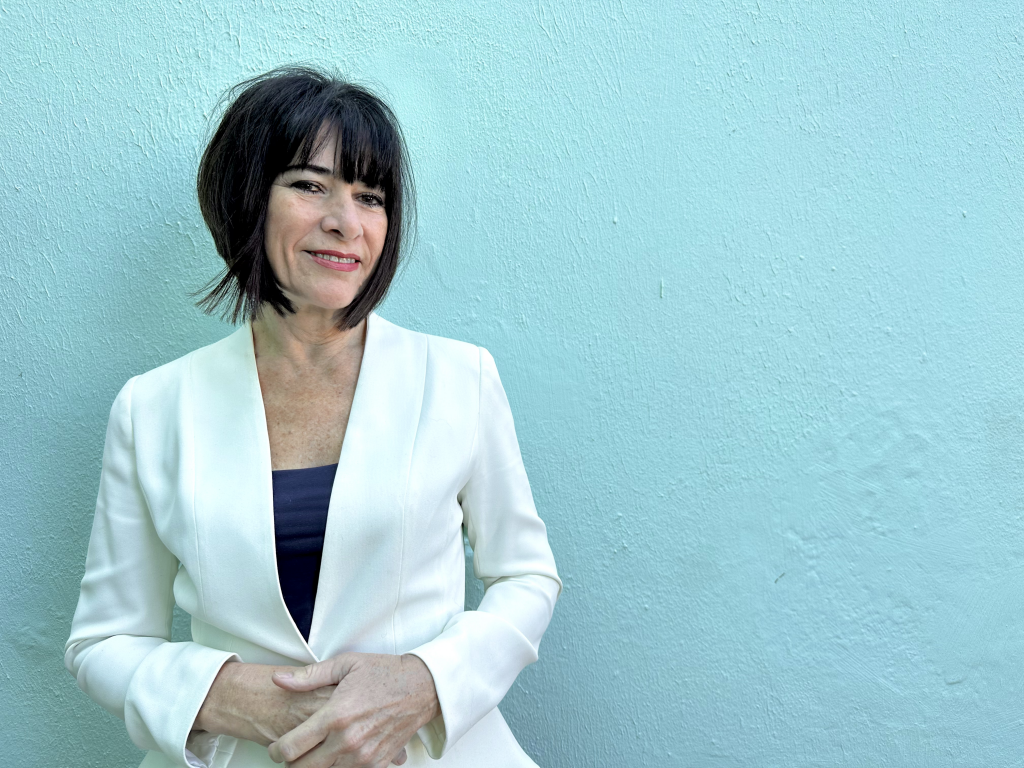14 March 2024
Celebrating Neurodiversity Awareness Week
(18th – 24th March, 2024)

Have you ever wondered about neuro-divergence? Are you curious about conditions such as ADHD, autism, and dyslexia?
Nutrition plays a pivotal role in supporting mental health. Numerous evidence-based studies have underscored the c
You might have heard the word “neuro-divergence” before but not known exactly what it means. To be neuro-divergent or neuro-diverse is to have some unique differences in the way your brain thinks and processes information. Some examples of common neuro-diverse conditions include Autism Spectrum Disorder (ASD), Attention-Deficit/Hyperactivity Disorder (ADHD), and Dyslexia.
For example, these are some behaviours or skills that can sometimes be suggestive of neuro-divergence:
- hypersensitivity to visual details
- more rational decision-making
- the tendency to not finish tasks
- an interest in creative/non-mainstream careers
- interrupting people or “blurting out” information
- ability to “think outside the box” (lateral thinking)
- having encyclopaedic knowledge in a particular area
Do you think you or someone you know might be neuro-diverse?
You might like to see your GP to arrange an assessment with a professional qualified in diagnosing neuro-diverse conditions (e.g., like a psychologist or neuropsychologist).
But first, you can take some screening tests to gain an idea on whether or not you might have conditions like ASD or ADHD. It’s important to note that these are screening tests only and do not constitute an actual diagnosis, but they can be helpful in identifying some thought processes and behaviours associated with these conditions. Visit the website below to take some of the most common tests used to screen for neuro-diversity. If you are looking to assess a child, you will need to see an appropriately qualified child psychologist who is skilled in understanding neuro-divergent presentations in children.
Embrace Autism website & Learn More about Neurodiversity Week
27 February 2024
The Link Between Nutrition and Mental Health

Nutrition plays a pivotal role in supporting mental health. Numerous evidence-based studies have underscored the crucial connection between mental health and what you eat.
We have been collaborating with Christiana Velis, Nutritionist and food enthusiast, to understand the gut-brain link.
Recent research has demonstrated:
- A healthy or Mediterranean diet is associated with a decreased risk of depression
- Higher intake of refined carbohydrates has been shown to increase depressive symptoms in healthy volunteers
- There is evidence for an association between ultra-processed food and adverse mental health
How is the gut linked to the brain?
The gut-brain axis is the bidirectional relationship between the gut and mental health. Changes in the gut microbiome can influence stress, mood, and cognitive processes, thereby impacting conditions such as anxiety, depression, and irritable bowel syndrome (IBS). Conversely, brain states can affect gastrointestinal function, altering the composition and activity of the gut microbiome. This relationship means that combining both nutrition and psychology can offer a new avenue for the treatment of mental health disorders.

Would You Like To Find Out More? Introducing Christiana Velis
Christiana Velis specialises in gut/digestive health and all areas of women’s health including PMS/PMDD, perimenopause, menopause, endometriosis and PCOS. She takes both a science-based and client-focused approach with clients, helping them reach optimal health at their pace.
She is passionate about the link between nutrition and mental health, and the need for a wholesome diet to foster emotional resilience, improve energy, productivity and overall psychological wellbeing. Click the link to learn more!
10 January 2024
Beyond New Year’s Resolutions

Are you back at work and feeling the post-holiday blues, perhaps not feeling rested enough after the break? Are you already feeling overwhelmed by your schedule and commitments in 2024? You’re not alone.
Many people report feeling the following after the holidays are over:
• feeling like their time off has flown by.
• feeling unrested or still burnt out/tired from 2023.
• lack of confidence about how to make changes in the New Year that will last.
• feeling overwhelmed by life commitments or by upcoming dates (e.g., school/university starting back again).
Our Top Picks for Great Mental Health Resources in 2024
The Happiness Trap: One of the best self-help resources for overcoming anxiety and depression and building a more satisfying, fulfilling life is this easy-to-read, highly-engaging book by Dr Russ Harris. Dr Harris is a proponent of a type of therapy called Acceptance and Commitment Therapy (ACT). Don’t be thrown by the odd name–the book is full of practical, helpful strategies and comes in a range of formats, including a pocketbook and illustrated version. If you prefer audiobooks, you can also listen on Audible, Spotify, or your favourite audiobook retailer.
Mental Health Apps
Not a big reader? Check out one of the five top-rated mental health apps of 2023: • Calm (paid) • Headspace (paid) • Sanvello (free and paid versions) • Happify (free and paid versions) • Bearable (free and paid versions)
21 November 2023
Coping with the Festive Season

46%* of Aussies say that Christmas is a difficult time for them. But with the right support, the festive season doesn’t have to feel so overwhelming.
Christmas can be a difficult time for many people: for those who have lost loved ones, for those who have difficult family relationships, or those whose mental health is worsened by the stress and busyness of the festive season.
In this month’s Instagram post, we share our top tips for how to manage the festive season.
Take Steps to Improve Your Relationship Quality This Festive Season
The festive season can put an enormous amount of stress on our relationships with loved ones, especially our partner. Our couples counsellor, Christine Weston, is here to help your relationship grow and flourish, even in the midst of relational challenges

Over four million Aussies will experience mental ill-health this year alone. But what is mental ill-health and what do we do about it?
Everybody has a mental health, just as we all have physical health. Mental ill-health can interfere with how a person thinks, feels, and behaves. It may or may not meet the criteria for a mental illness diagnosis like major depressive disorder, social anxiety, or bipolar disorder. Symptoms of mental ill-health don’t have to be severe for someone to seek help. In our latest Instagram post, we explore the difference between mental health and ill-health and how to get help if you’re struggling.
Remember:
If you or someone you know is experiencing symptoms of mental ill-health, don’t suffer alone or in silence. With the right help, things can get better!
14 September 2023
R U OK? How To Have A Conversation That Changes A Life

Every day in Australia, 8.6 people take their own lives. An estimated 65,000 Australians make a suicide attempt every year.
RUOK? Day is about “creating a world where we’re all connected and protected from suicide.”
This 14th September, you might like to reach out to someone close to you who you think might be struggling. You don’t need to be an expert on mental health. Simply asking someone “Are you okay?” shows you care about them.
You might like to use the four steps below.
Read real-life stories about people who were asked RUOK?
How To Ask RUOK?
1. Ask R U OK?
2. Listen with an open mind
3. Encourage action and offer support
4. Check in later how things are going
If you yourself are struggling, you might like to reach out to a trusted friend and share how you’ve been feeling. This can be a huge step, so we recommend accessing professional help to support you in your journey.
26 August 2023
The Loneliness Epidemic: How It’s Affecting Australians

Earlier this month, we celebrated Loneliness Awareness Week. Loneliness now affects 1 in 3 Aussies…more than six million people.
Loneliness is a complex issue. It’s not the same as being alone, since you can be in a room by yourself and not feel lonely. And it’s not simply the opposite of being with others, since you can be surrounded by lots of people and still be affected. Loneliness can have a huge impact on our mental health. It can carry and perpetuate its own stigma. 31% of Aussies feel ashamed when they feel lonely, and 58% don’t talk to anyone about feeling lonely.
More about Loneliness Awareness Week
Expert Advice: Coping with Loneliness
Self-reflection: Spend time understanding your feelings, journaling can be a useful tool in achieving this
Connect meaningfully: Foster quality connections. Use the Ending Loneliness Directory to find a local support group.
Explore hobbies: Join clubs or groups that share your interests
Speak to a professional: Seeking therapy is a sign of strength
12 July 2023
Understanding Our Subconscious Inner World

Understanding our inner world might take time and effort, but self-awareness is vital for change and growth.
Here at AB Clinical Psychology, we understand how tough it be to get to the heart of what drives our thoughts, feelings, and behaviours.
Humans are complex beings, and often we can act automatically, without conscious awareness. It can take time and effort to learn about ourselves and uncover why we sometimes behave in a way inconsistent with our personal values.
Talking with a therapist is a great way to increase your self-awareness. Sometimes even learning to recognise maladaptive patterns is all it takes to shift them.
In our latest post, we talk about how unconscious defence mechanisms, first described by Sigmund Freud in 1894, can influence our interactions with family, friends, and in the workplace.
15 June 2023
Celebrating Men’s Health Week (12 – 18 June)

Did you know that one in two men will experience a mental health disorder in their lifetime?
These are some sobering statistics:
- Male life expectancy is, on average, four years shorter.
- Men have a four times higher risk of dying by suicide, which is the leading cause of death for men under 55 in Australia.
- Two thirds of men who are struggling or in crisis don’t feel confident or empowered enough to ask for help.
Check out our Instagram post on Men’s Mental Health
Look for the signs that a man in your life (husband, father, brother, colleague, team mate, gym buddy)— or you yourself—might be struggling and reach out. Remember, a conversation can change a life.
19 May 2023
Couples Counselling Now Available

More than 49% of couples pursue relationship counselling at some point during their relationship
We are excited to welcome Christine to our growing team at AB Clinical Psychology. Christine is a registered psychotherapist and counsellor who is passionate about understanding and strengthening relationships.
People who come for individual therapy often talk about challenges they’re experiencing in their relationships. This has prompted us to offer couples counselling support for our clientele.
Read on for more information about what relationship counselling involves, when might be the right time to engage in couples counselling, as well as links to find out more about Christine’s areas of expertise and clinical experience.
If you have any questions, please don’t hesitate to contact us. We thank you for attending the practice and look forward to supporting you in the future.
Try our Relationship Health Quiz to learn more
The goal is to help couples communicate effectively, resolve conflicts, and strengthen their emotional connection.
Some issues that can be addressed in counselling include:
- Intimacy difficulties
- Infidelity
- Financial stress
- Parenting disagreements
Strong relationships do not fall into our laps. They require us to move through our fears and insecurities.

